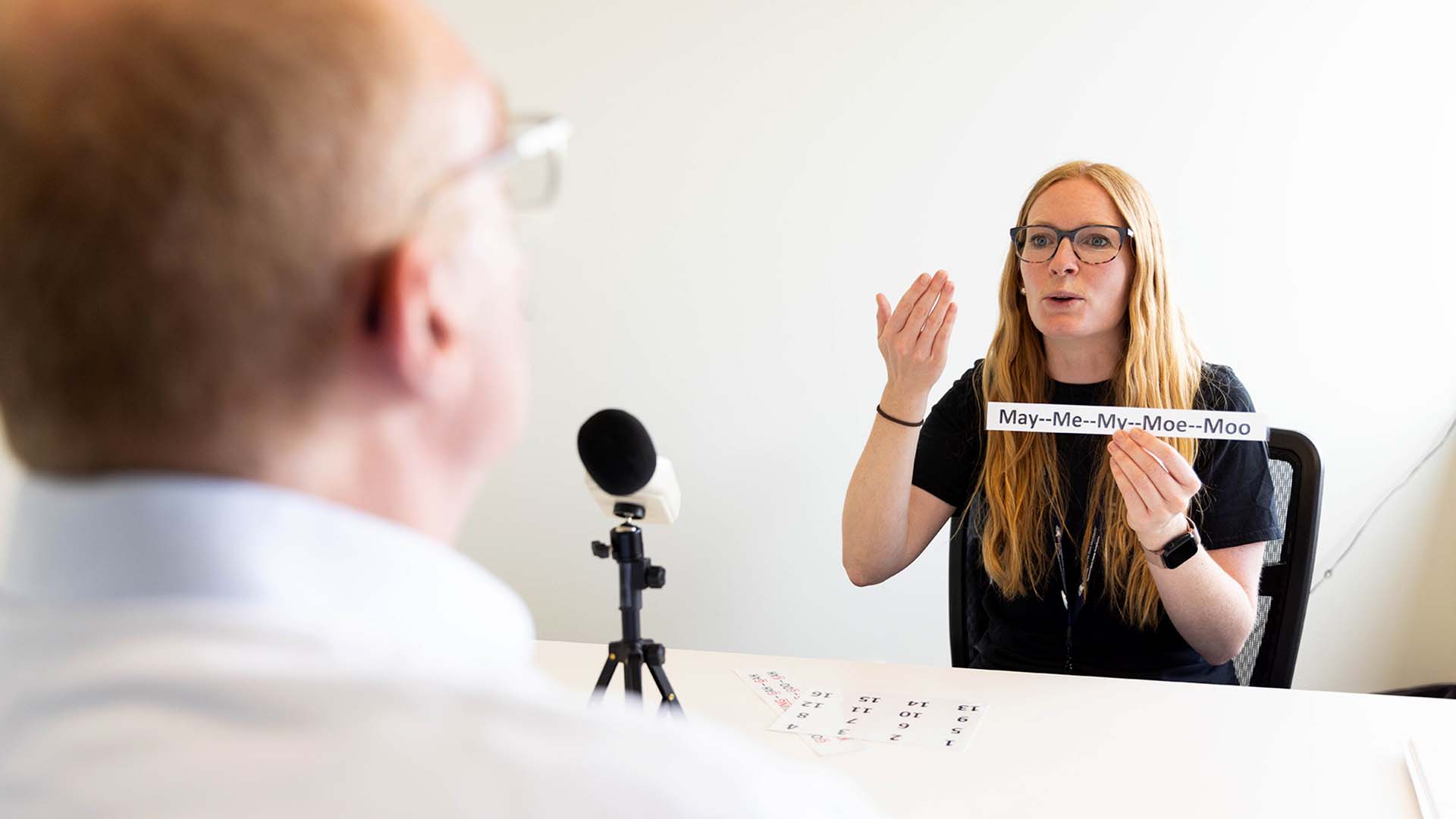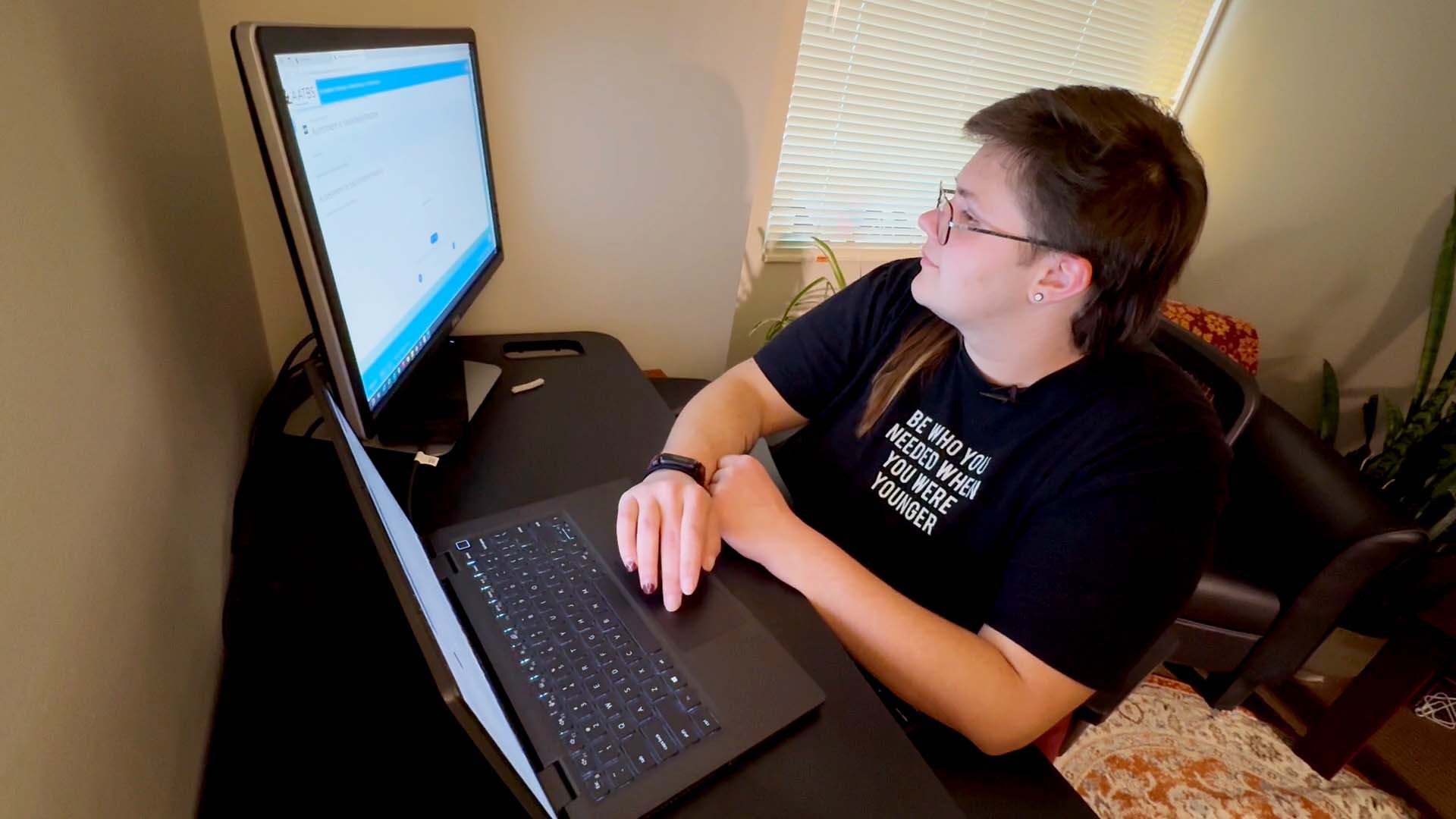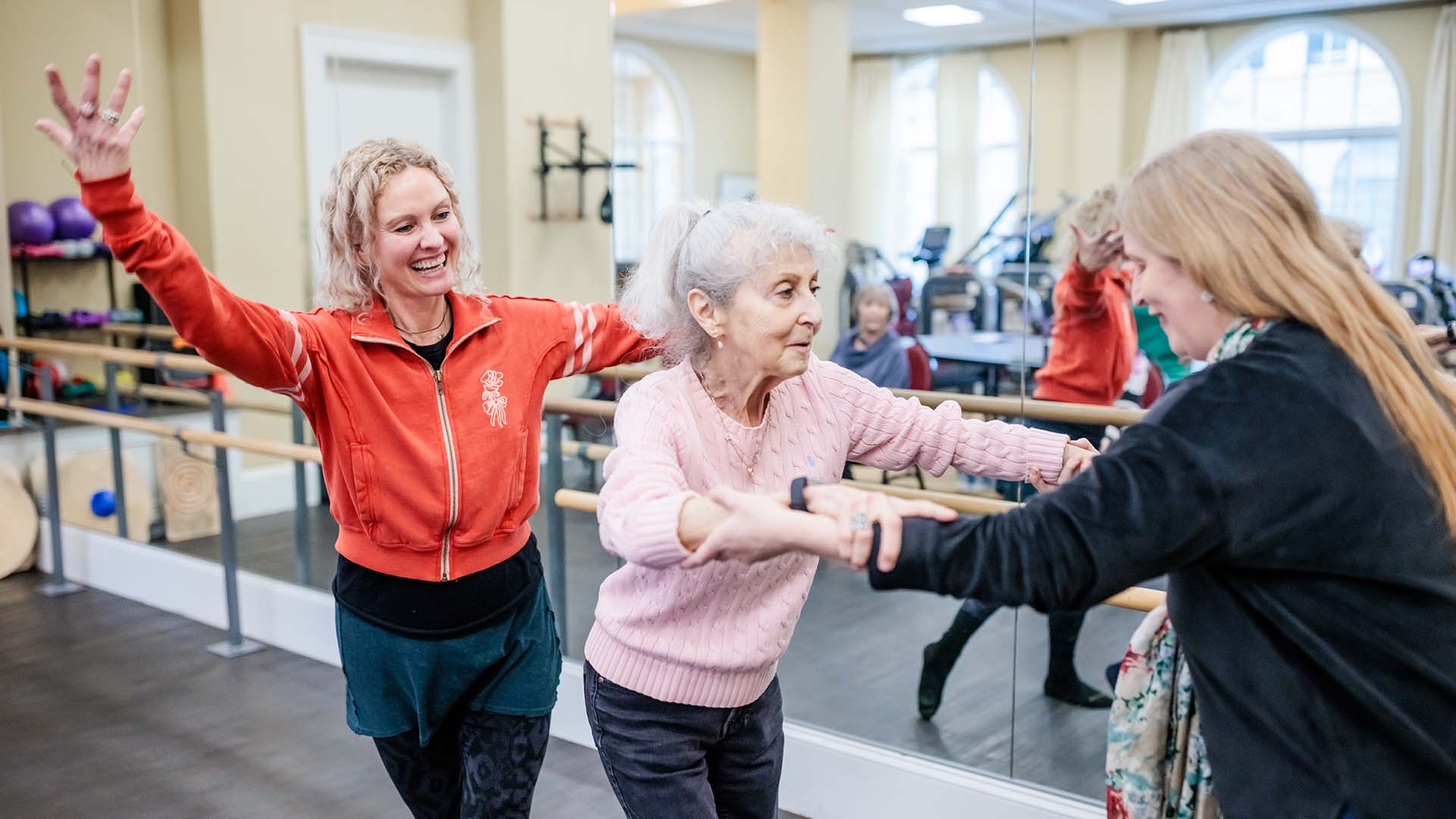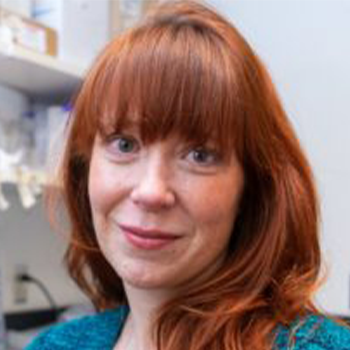The truth about Covid-19 vaccines
With shots set to become widely available in Colorado in April, public-health officials find themselves combating vaccine misinformation. Here's what infectious-disease expert Sheryl Zajdowicz, Ph.D., wants you to know.
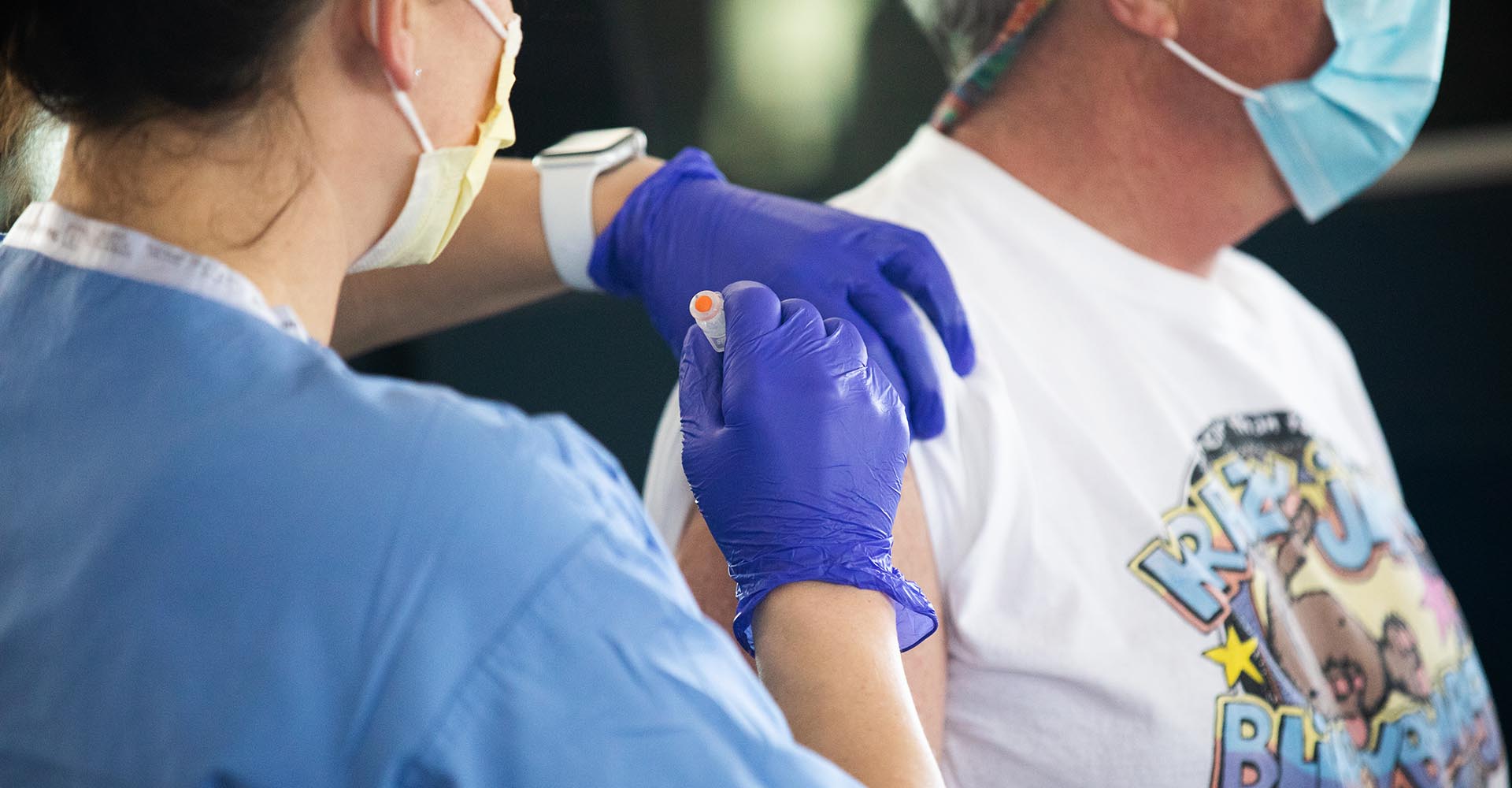
Colorado opened Covid-19 vaccine eligibility to the last subgroup of Phase 1B on Friday, and Gov. Jared Polis said he expects to open Covid-19 vaccinations to all Coloradans ages 16 and older by the middle of April.
The last 1B subgroup includes those 50 or older as well as front-line workers in higher education, food service, journalism, manufacturing, public transit, public health, human services, faith communities, some state and local government divisions and services to homeless populations.
As of Wednesday, 791,238 Coloradans had been fully vaccinated for Covid-19 while 1,275,244 had been immunized with one dose, according to the Colorado Department of Public Health and Environment. The three vaccines approved for Emergency Use Authorization by the Food and Drug Administration offer the promise of quashing the pandemic that has killed more than 535,000 Americans and sickened nearly 30 million, according to Centers for Disease Control and Prevention data. In Colorado, 6,142 people have died due to Covid and nearly a half million have been infected, according to CDPHE. Yet as shots become widely available to Colorado’s adult population, the state’s medical and public-health officials find themselves combating another scourge: vaccine misinformation.
RED connected with infectious-disease expert Sheryl Zajdowicz, Ph.D., a professor in Metropolitan State University of Denver’s Department of Biology, to learn more about the three vaccines available to Coloradans, better understand how they work and debunk myths circulating on social media.
Myth: Side effects from the Covid vaccines can be dangerous.
Zajdowicz: Some individuals who receive one of the three available vaccines report no side effects other than soreness at the injection site. Many people have reported mild side effects such as pain or swelling at the injection site, headaches, chills, general body aches, nausea or possibly a fever. Severe side effects or allergic reactions are rare.
Myth: I need only one shot to be fully vaccinated.
Zajdowicz: It depends on which of the three vaccines you receive. Pfizer and Moderna both require two doses for immunological protection. Receiving a single dose of those vaccines is not sufficient. The Johnson & Johnson vaccine only requires a single dose to confer an effective immune response against the virus.
Myth: I should wait for the vaccine that is most effective.
Zajdowicz: All currently approved vaccines are effective in conferring immunity against SARS-CoV-2 (Covid-19) and protect against the development of severe disease.

Myth: The vaccine injects Covid into your body.
Zajdowicz: None of the vaccines currently approved by the FDA for Emergency Use Authorization uses intact SARS-CoV-2 virus, so they will not cause Covid. While you may experience various symptoms after vaccination, the symptoms are typically a result of your immune response becoming activated and responding to the vaccine components.
Myth: If everyone around me is immune, then I don’t need to be vaccinated.
Zajdowicz: While the others around you have protective immunity to the virus and may limit the spread, you are still susceptible to contracting the virus and there is no way of knowing how the virus will affect you (mild illness vs. severe disease).
Myth: I have allergies, so the vaccine is dangerous for me.
Zajdowicz: Having allergies in general does not necessarily make the vaccine dangerous to a person. If an individual has suffered an actual allergic response after receiving other vaccines or they specifically know they have an allergic response to components found within the Covid-19 vaccines (which can be identified on this Centers for Disease Control and Prevention vaccine fact sheet), there may be reason for concern. Anaphylaxis after receiving the vaccine is incredibly rare.
Myth: I won’t need to wear a mask after I get vaccinated.
Zajdowicz: Mask-wearing is still recommended after being vaccinated. Currently, there is still a high percentage of the population that remains unvaccinated and there are vulnerable and highly susceptible people who are still at risk. While the vaccine can prevent severe disease and has been shown to reduce transmission, it’s still important to utilize other preventative measures. As the majority of the population gains immunity, the guidelines may change and masks may no longer be required.
Myth: The vaccines alter your DNA.
Zajdowicz: This is not accurate. The approved mRNA vaccines (Pfizer and Moderna) do not enter the cell nucleus where your DNA is found. This means that the mRNA in the vaccine cannot affect or interact with our DNA in any way. The mRNA vaccines enter the cytoplasm and are quickly broken down once they are used by our cells to make the viral spike protein. There is no interaction with the cell’s DNA.

Myth: The vaccines affect women’s fertility.
Zajdowicz: There is no evidence of these vaccines having an effect on women’s fertility.
Myth: I already had Covid and recovered, so I don’t need to get a vaccine.
Zajdowicz: CDC recommends vaccination for individuals who have recovered from Covid-19 to ensure a more effective protective response.
Myth: The vaccines are not safe because they were rapidly developed under the Trump administration.
Zajdowicz: The vaccine is safe and effective in preventing disease, especially in reducing the severity of disease. The vaccine-approval process still followed all required guidelines to ensure that the vaccine is safe and effective. The vaccine trials included tens of thousands of volunteers worldwide, and the data collected from the vaccine trials were reviewed and approved by multiple independent advisory panels.
Myth: The vaccine was made to control the general population through microchip tracking.
Zajdowicz: This is false. The vaccine was made to provide another tool in the fight to contain the pandemic and to provide protection to the most vulnerable populations.

